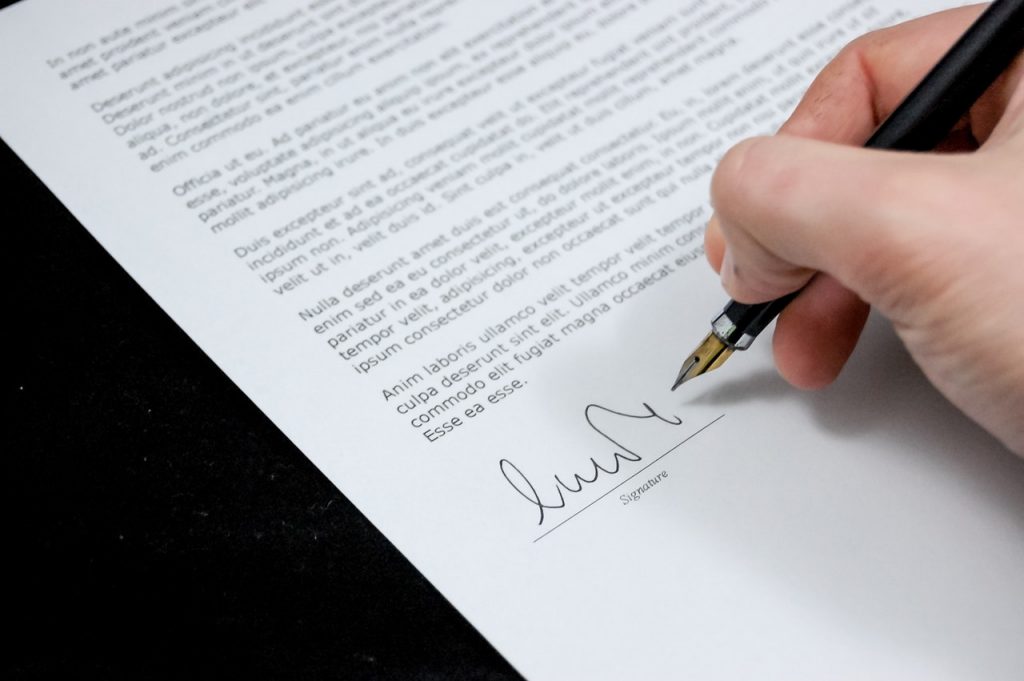A smallholding auction is an official market day for the potential sale and purchase of a smallholding property.
It is the day where the legal owner and vendor of the smallholding presents the property as an offering to a marketplace of prospective buyers.
Smallholding auctions offer the benefits of:
- – efficient
- – assured sales
- – bidding equity
- – most effective arena for trading
- – public
…for both vendors and buyers.
The following is a quick round up of what to expect from a smallholding auction:
Smallholding auction process
The smallholding auction is a very controlled process.
It is marshalled by the auctioneer and spotters who ensure the bidding process results in the most equitable and optimal completion.
Before the auction
The property lot or smallholding is advertised within the auction catalogue to stir up interest among prospective purchasers.
Property viewings are arranged by prospects wanting a closer look at the opportunity.
Enquiries can be lodged by prospects with auction houses to ascertain some relevant detail undisclosed in the catalogue.
Offers can actually be made and accepted for an allotted smallholding before the official auction day.
If accepted by the vendor & the sale completed prior to auction date – the lot is withdrawn from auction.
On the day of the auction
Prospective buyers are either in actual attendance (bodily present in the auction room), or virtual attendance (absent from the auction room, but attending by proxy – in other words, using a representative who is acting on their behalf).
Prospective buyers arrive early to ensure they do not miss any notifications or announcements in relation to their lots of interest.
Availability of interested lots is confirmed.
All queries regarding the lot in question are made before the bidding is underway.
Bidder’s checklist – what to bring on the day of auction?
- – Cheque book (with a separate cheque available for each lot)
- – ID to comply with anti-money laundering regulations (driver’s license, passport & utility bill for proof of address)
- – At least 10% of a desired lot’s value in cleared funds
- – If a mortgage is required, approval in principle from chosen lender
- – Valuation and survey
Seller’s checklist for auction preparation
Legal pack including…
-
- – conditions of sale
- – title deeds + plans
- – local authority search
- – lease (if applicable)
- – replies to enquiries
Bidding
The smallholding auction is governed by the auctioneer.
Seated at the rostrum, with gavel in hand the auctioneer maintains the decency and order of the auction – presenting each lot to the audience of buyers, guiding the process through to a successful, legally binding sale.
At a smallholding auction, property lots are offered at a reserve price (start level).
The auctioneer cannot sell any particular lot below this reserve price. Bids must be in excess of the reserve price.
There is no preferential treatment among bidders.
Bidders place bids by either raising their hands or catalogue.
The deal
The deal is actually done at the point of the auctioneer striking the block with the gavel in hand.
This is the point at which a legally binding contract is effected.
When the deal is done, it is assumed the property was inspected beforehand and assumed all documents, T’s & C’s are read and understood.
Prior to the auction day, both parties have primed all their legal contracts and obligations in advance for the effective facilitation of sale.
Shortly after the gavel comes down paperwork is served (contracts exchanged) and the deal completed with the transfer usually of 10% of the agreed price paid upfront in cleared funds.
What if the bidder cannot attend the auction?
If bidders are unable to attend the auction the day, they can make prior arrangements with an agent for the following:
- – phone bidding: bidders place bids over phone
- – proxy in writing: an agent has written instruction & cheque of cleared funds to bid on behalf of bidder
Bids are legally binding as if the bidder was present in the room.
What if a lot is unsold?
If any particular lot is unsold by the end of the auction, it is open to be bought by by the end of the auction, Bidders simply register their interest and approach in order to make a sale.
Reference material:
Glossary of property auction terms – www.auction-link.org.uk
